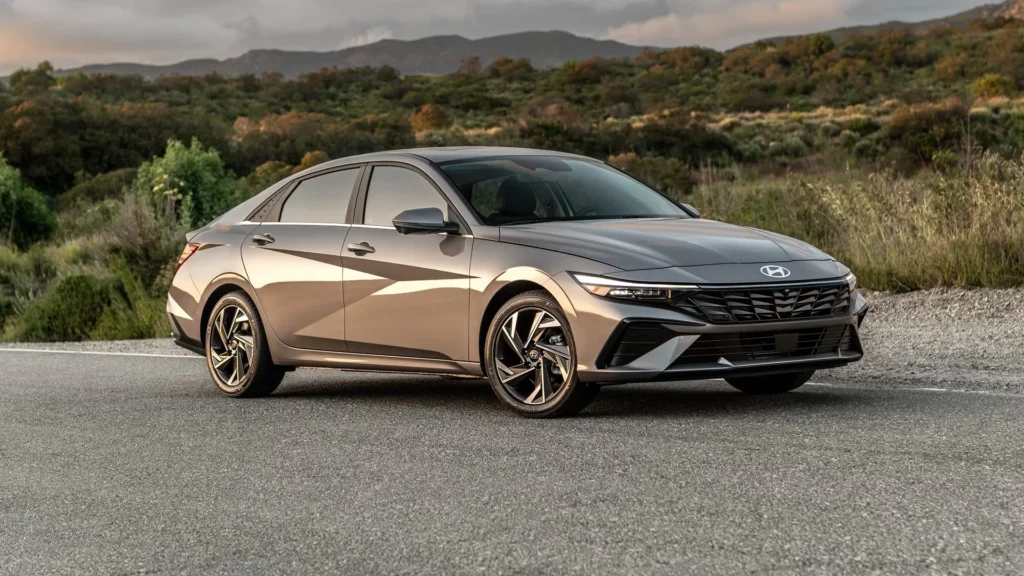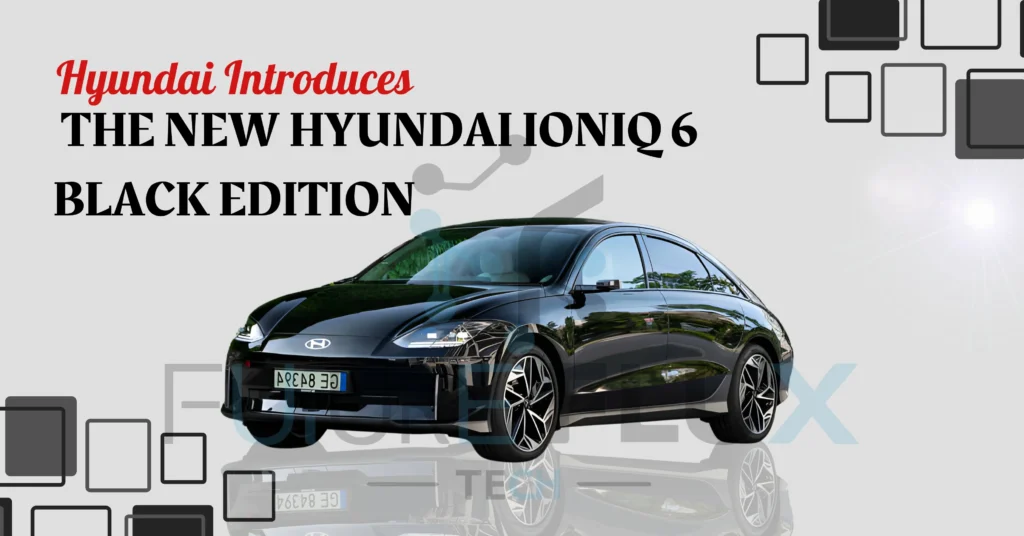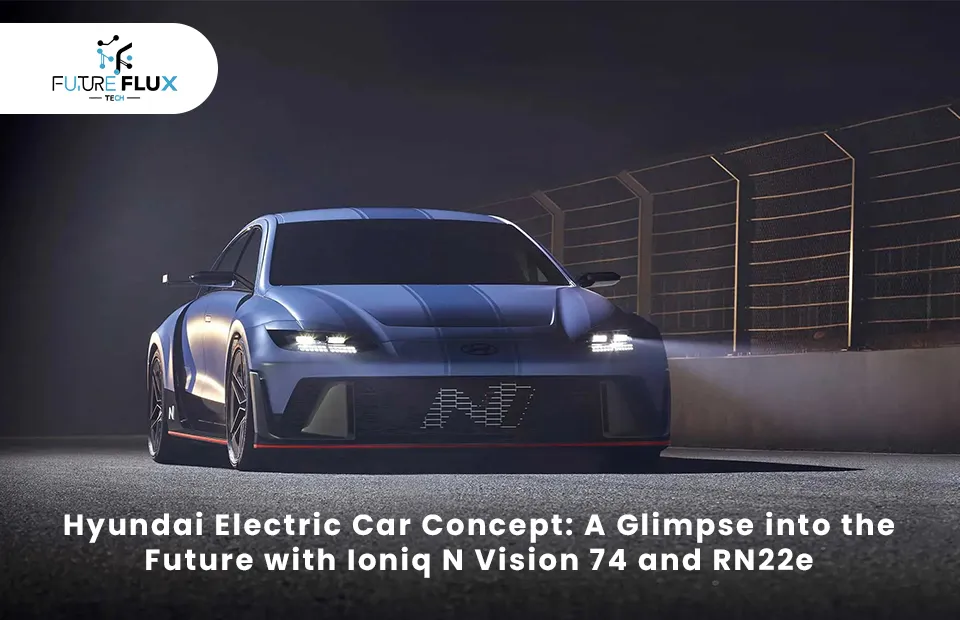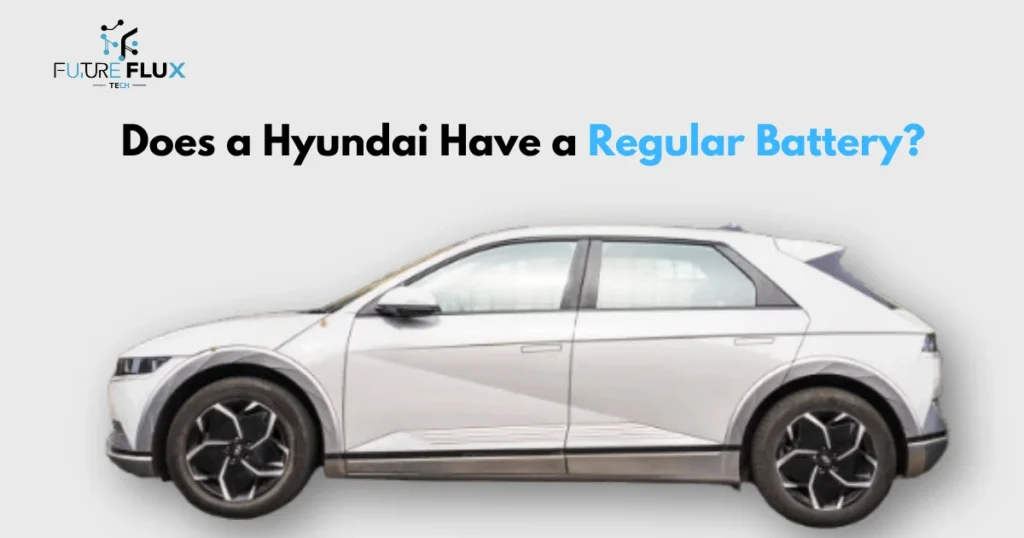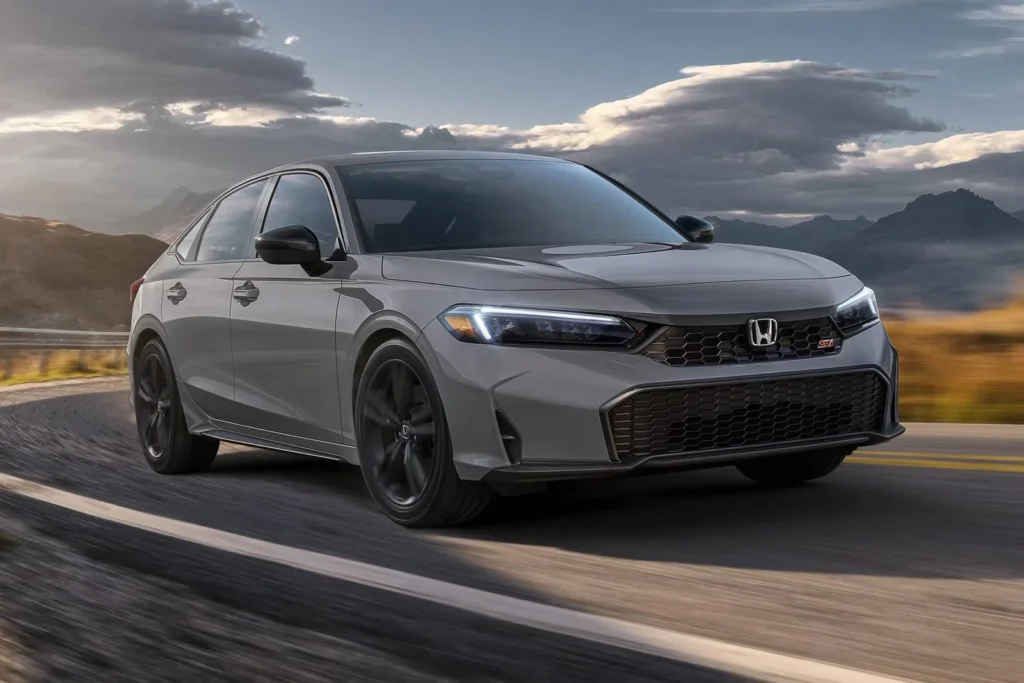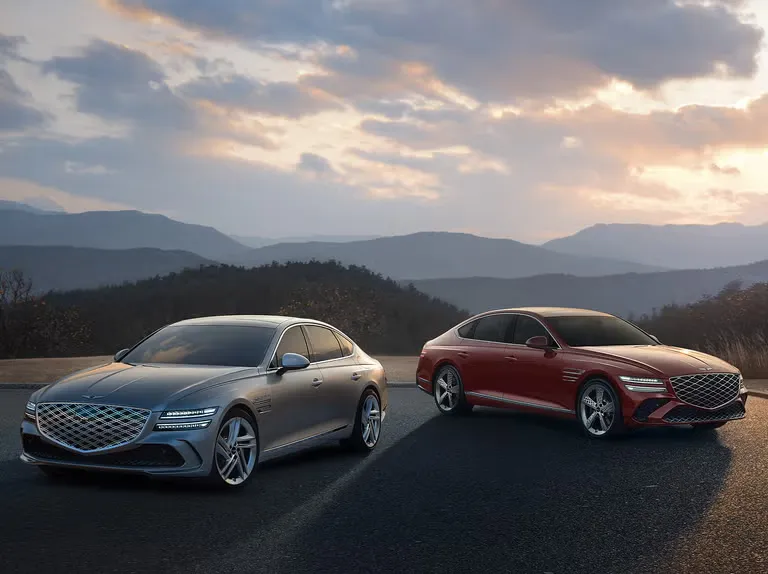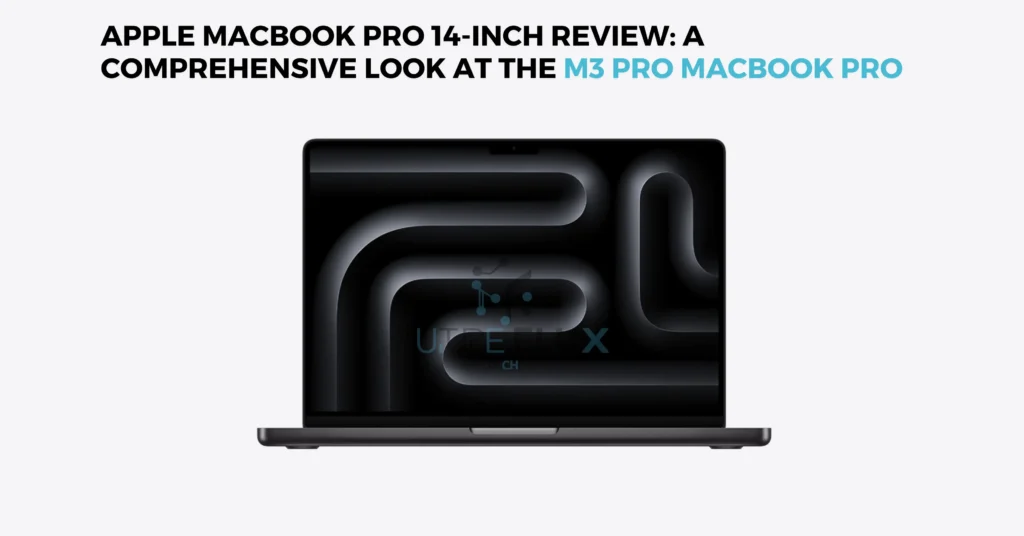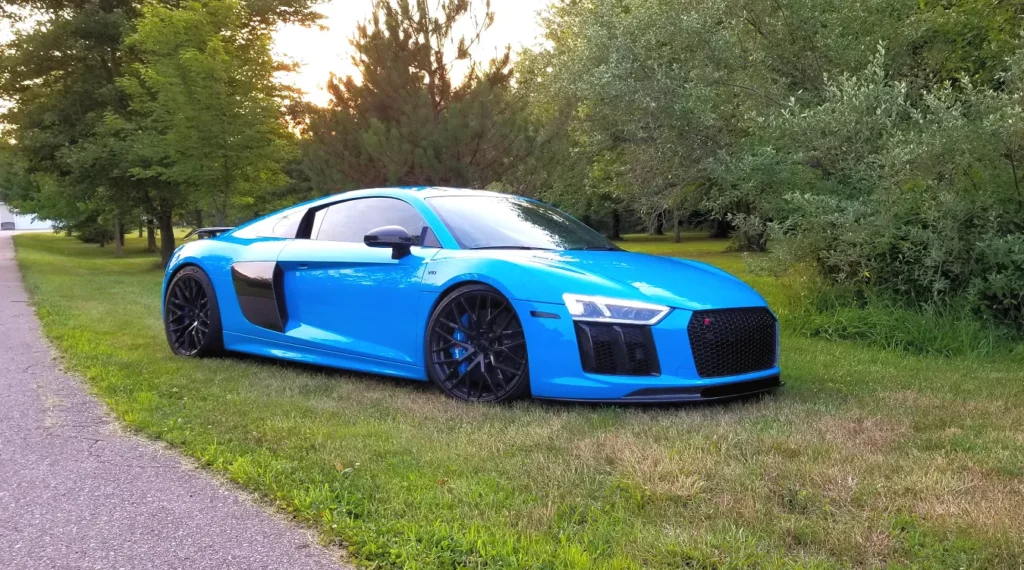When considering a new vehicle, acceleration is often a key factor for many drivers. The 2025 Hyundai Elantra, known for its sleek design and fuel efficiency, also offers a range of performance options that cater to different driving preferences. Let’s delve into the acceleration capabilities of the 2025 Elantra across its various trims.
2025 Hyundai Elantra Acceleration & Performance Overview
| Trim Level | Engine Specs | Horsepower | 0–60 mph Time | Transmission Options |
|---|---|---|---|---|
| Standard | 2.0L I4 | 147 hp | ~9.2 sec | CVT |
| N Line | 1.6L Turbo I4 | 201 hp | 6.5–6.8 sec | 6-speed manual / 7-speed DCT |
| Elantra N | 2.0L Turbo I4 | 276 hp | 4.8 sec | 6-speed manual / 8-speed DCT |
| Hybrid | 1.6L I4 + Electric Motor | 139 hp | ~9.0 sec | 6-speed dual-clutch automatic |
Standard Elantra
The base model of the 2025 Hyundai Elantra is equipped with a 2.0-liter inline-4 engine producing 147 horsepower and 132 lb-ft of torque. This setup delivers a 0-60 mph time of approximately 9.2 seconds, providing adequate acceleration for daily commuting and highway merging. While it may not be the quickest in its class, it offers a balanced performance that prioritizes fuel efficiency and reliability.
Tech That Boosts the Drive
Hyundai has also added smart driving tech that helps improve performance. The electronic throttle response in the sportier trims makes the acceleration feel even quicker. There’s also a launch control feature in the Elantra N. That’s the same kind of thing you find in race cars. It helps the car start off fast from a stoplight or starting line. If you’re into spirited driving, it gives you confidence and excitement without needing a sports car that costs a fortune.
The transmission plays a big role too. The dual-clutch system in the N and N Line shifts gears very fast and makes the drive smooth even when you accelerate hard. You don’t feel the gear lag, which is common in older automatic cars. Everything just works together to give you a better driving experience.
Fuel Efficiency vs. Acceleration
Now here’s another angle when we talk about does Hyundai Elantra have a good acceleration for a car—what about fuel economy? Usually, when cars go fast, they drink up fuel like crazy. But Hyundai managed to balance both sides. The regular Elantra gives great mileage—up to 41 MPG on the highway while still giving you enough power for city and highway driving. Even the Elantra Hybrid gives decent acceleration while keeping fuel use super low. On the other hand, the N Line and Elantra N sacrifice some fuel savings for better speed, but it’s a trade-off that many performance fans are happy to make.
So, if your goal is just getting from point A to B with less gas, go for the standard or hybrid. But if you want to have fun while driving, the sportier trims are still smart choices that don’t go overboard on fuel use.
What Reviewers and Drivers Are Saying
Real-world feedback matters a lot when figuring out does Hyundai Elantra have a good acceleration for a car. Drivers who have owned the N Line or Elantra N often say that they didn’t expect it to be that quick. Car reviewers have noted how the Elantra N punches above its weight in terms of performance. It’s even been compared to more expensive sports sedans from Germany in terms of thrill and handling.
People love that you get this kind of driving power without spending luxury-level money. That’s something that makes the 2025 Hyundai Elantra unique. It’s a budget-friendly car, but if you pick the right version, it delivers a sporty and powerful ride you’ll be proud to show off.
Safety Doesn’t Get Left Behind
When you think about acceleration, safety might not be the first thing that comes to mind, but Hyundai doesn’t ignore it. Even when you’re accelerating quickly in the N or N Line trims, the car remains planted and stable. The Elantra comes with electronic stability control and anti-lock braking systems that keep you safe when speeding up or slowing down.
Also, all trims offer standard features like forward-collision warning, automatic emergency braking, and lane-keeping assist. That means even while the car is built to go fast when needed, it’s also smart enough to protect you and others around you.
Is Elantra’s Acceleration Good Compared to Other Cars?
If we compare the Elantra to other compact sedans like the Toyota Corolla or Honda Civic, the standard Elantra is on par or slightly better. But once you move into the N Line or N versions, it clearly wins. The 2025 Elantra N’s acceleration outpaces most other cars in its price range. It even challenges some higher-end models in terms of speed. So yes, if someone asks does Hyundai Elantra have a good acceleration for a car, especially compared to others in the same category, the answer is definitely yes.
Elantra N Line: Sporty Edge
For those seeking a more spirited driving experience, the Elantra N Line features a 1.6-liter turbocharged engine delivering 201 horsepower and 195 lb-ft of torque. This powertrain achieves a 0-60 mph time in the range of 6.5 to 6.8 seconds, offering a noticeable improvement in acceleration over the standard model. The N Line’s sport-tuned suspension and responsive handling further enhance its dynamic appeal.
Elantra N: High-Performance Thrills
At the top of the performance spectrum is the Elantra N, boasting a 2.0-liter turbocharged engine that generates 276 horsepower and 289 lb-ft of torque. When equipped with the 8-speed dual-clutch transmission, the Elantra N can sprint from 0 to 60 mph in just 4.8 seconds. This impressive acceleration places it among the fastest in its segment, providing exhilarating performance for enthusiasts.
Elantra Hybrid
The 2025 Elantra Hybrid combines a 1.6-liter engine with an electric motor to produce a total of 139 horsepower. While its primary focus is on fuel efficiency, achieving up to 54 mpg combined, it still offers reasonable acceleration with a 0-60 mph time of around 9 seconds. This makes it a suitable choice for eco-conscious drivers who still desire competent performance.
Driving Experience and Handling
Across all trims, the 2025 Elantra provides a comfortable and composed driving experience. The standard model offers smooth handling suitable for everyday driving, while the N Line adds a sportier feel with its enhanced suspension. The Elantra N, designed for performance enthusiasts, features a track-ready suspension setup and precise steering, delivering an engaging and responsive ride.
Conclusion
The 2025 Hyundai Elantra caters to a wide range of drivers with its diverse trim offerings. Whether you’re looking for a fuel-efficient commuter, a sporty daily driver, or a high-performance sedan, the Elantra lineup provides acceleration options to meet your needs. Its combination of performance, efficiency, and value makes it a compelling choice in the compact car segment.
I am Muhammad Waqas and I am dedicated to promoting sustainable vehicles. Observing EV trends, studying the intricacies of the EV industry, and promoting new EV launches fall under my expertise. I have been working in this field for 5 years and making efforts for a sustainable and healthy future.

